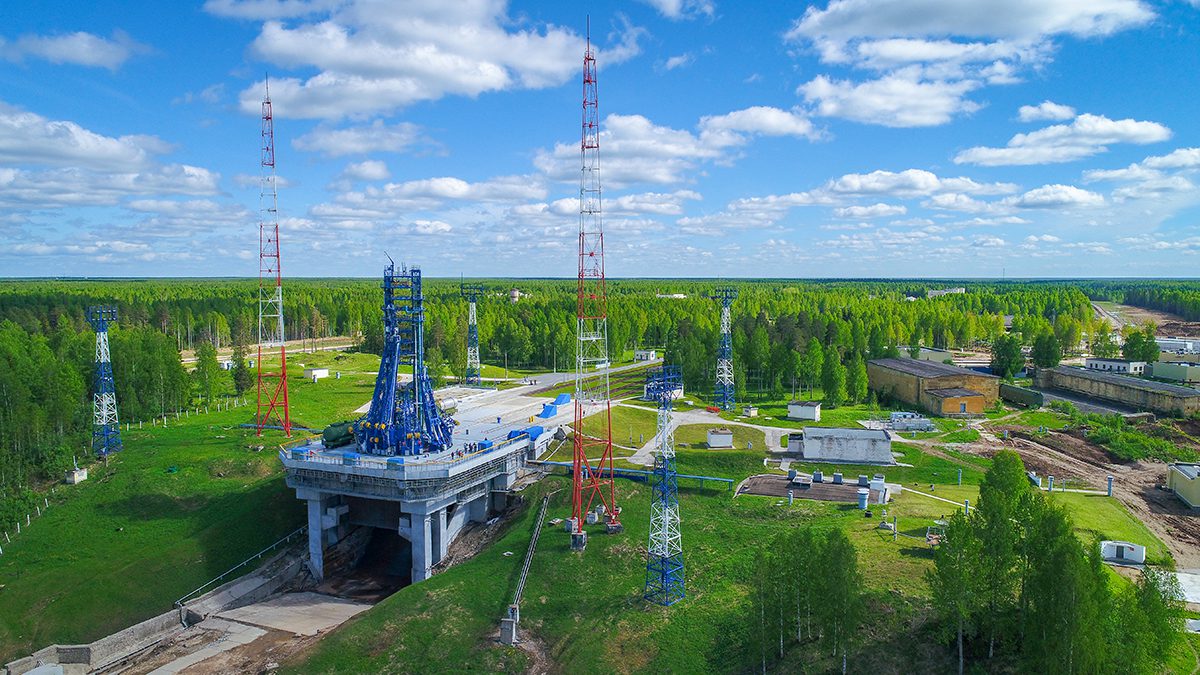
- The black carbon emitted by rocket launches has a climate warming impact of up to 1,500 times stronger than CO2 per unit of mass, new research shows.
- Stay in Cornwall’s Spaceport Case File appears to reveal the economic, environmental, academic, and employment impacts of expanding the UK space sector.
- The global launch rate has already more than doubled over the past decade, with plans to dispatch a further 2,000 satellites globally by 2030.
- Although other particulate matter such as alumina is thought to cool the atmosphere, research into rocket launch emissions is inconclusive.
Planned spaceports in Newquay, Sutherland and Glasgow could significantly contribute to climate change as a result of satellite launches starting this year, new research appears to show.
Spaceport Cornwall plans to achieve eight launches annually from 2025, while the global small satellite market could be launching up to 2,000 satellites by 2030. This equates to 20 launches per year – each of which could cause significant environmental damage.
Rocket launches deliver particulates including CO2, black carbon and alumina directly into the upper atmosphere. Black carbon alone has a climate warming potential between 460-1,500 times that of CO2, and can last in the atmosphere for up to 12 days.
Black carbon contributes to global warming by converting incoming solar radiation into heat, which can have detrimental effects on cloud formation and rainfall patterns. It also accelerates ice melting in vulnerable areas like the Arctic by reducing surface albedo.
Black carbon and similar pollutants are also the leading environmental cause of premature deaths, being key components of fine particulate matter (PM2.5). An estimated 7 million premature deaths are attributed to PM2.5 air pollution each year.
Crucial research needs to be carried out to see what the impact of space launches really is – especially given the accelerated growth of the space sector and that the magnitude of ozone depletion is relatively unknown.
Martin Ross, Senior Project Engineer at the Aerospace Corporation, said: “It’s a call for more research in this area to know exactly what we’re putting into the upper atmosphere and in what quantities. o when the debates start, we have the good hard data that says, ‘Here’s a well-defined model of what’s actually happening.
However, reducing emissions from other harmful sources should also remain a priority. According to Ross, “The rocket business could grow by a factor of 1,000 and the carbon dioxide and water vapor emissions would still be small compared to other industrial sources.”
As well as producing potentially harmful emissions, scheduled satellite launches could contribute to the already dangerous levels of orbital pollution – including 34,000 fragments of debris that could cause serious damage to active satellites or space flights on impact.
Despite concerns around space debris and emissions, the spaceports are expected to have significant financial benefits for the UK. All three sites could provide £469 million benefit to the UK economy, based on the average return rate of £2-4 for every £1 of investment into earth observation applications.
As well as contributing up to £80 million to the UK economy, and inspiring more than 22,000 students, Spaceport Cornwall is also expected to create 448 jobs.
To read more about the impacts of the spaceport in the Spaceport Case File, visit: https://www.stayincornwall.co.uk/spaceport/







